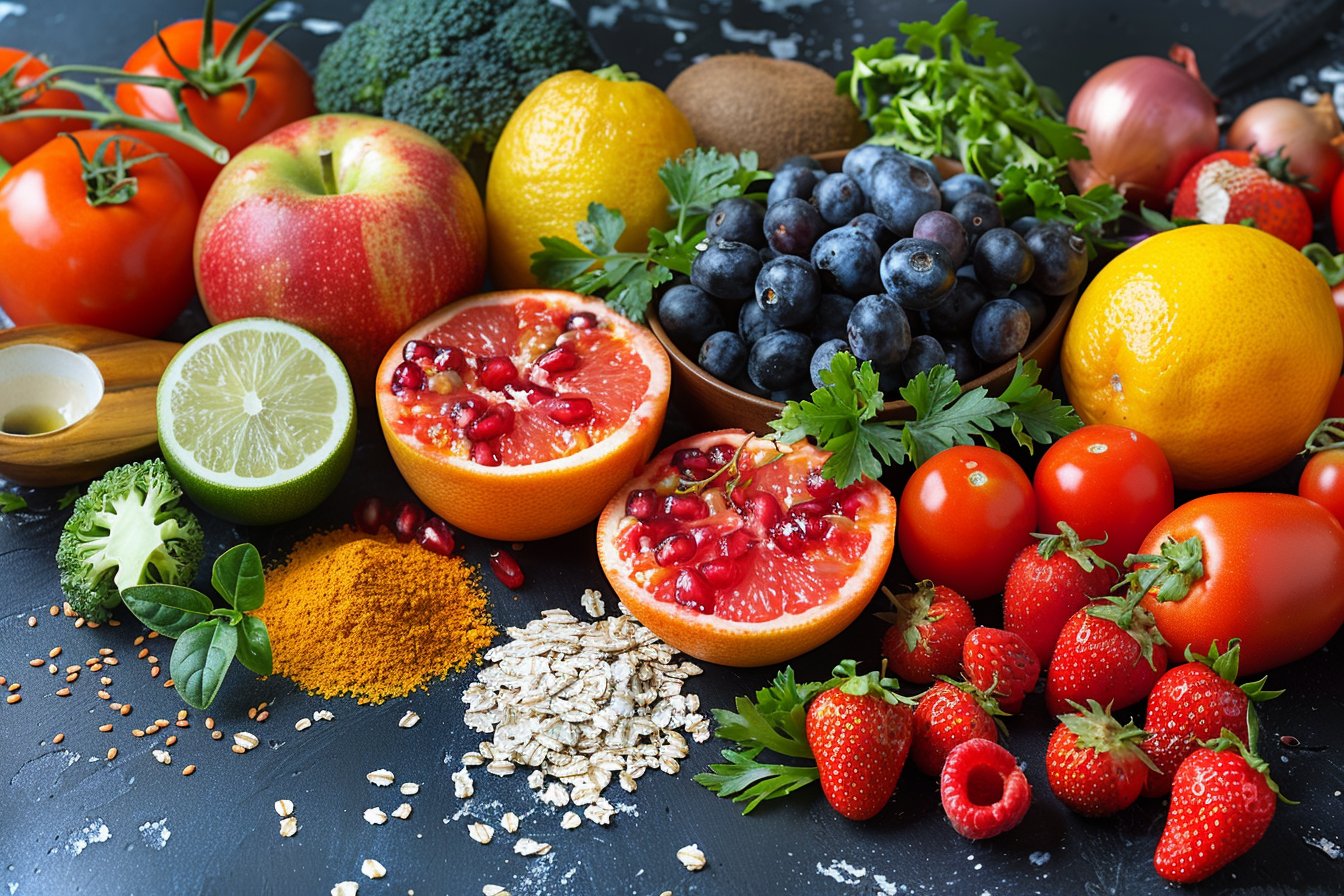In recent years, there has been a surge of scientific research exploring the intimate relationship between our mental health and the food we consume. Many studies have unveiled how critical one’s diet is in maintaining not only physical well-being but also psychological balance, affecting everything from mood to cognitive function. This article delves into the hidden link between mind and body through food.
Nourishing the Brain: The Science behind Food and Cognitive Function
Our brain is an incredibly powerful organ that requires sufficient nutrients for optimal functioning. Adequate intake of essential vitamins, minerals, and macronutrients is crucial for the brain’s cellular structure, neurotransmitter production, and overall cognitive performance.
Key Nutrients for Optimal Brain Health
The brain thrives on a mix of specific nutrients for its intricate processes to run smoothly. While it may be challenging to keep track of each nutrient, being mindful of including these vital components in your diet can help maintain a healthy mind.
- Omega-3 Fatty Acids: These essential fats, found primarily in oily fish, nuts, and seeds, are known connectors to the body and brain by supporting neural communication, reducing inflammation, and protecting against neurodegenerative diseases.
- B Vitamins: B vitamins, particularly vitamin B6, B9, and B12, play significant roles in producing brain chemicals like serotonin and dopamine. They act as catalysts in various biochemical reactions tied to mental wellness, memory function, and concentration.
- Antioxidants: Foods rich in antioxidants, such as fruits and vegetables, combat oxidative stress and fight against free radicals that contribute to aging-related cognitive decline.
- Minerals: Minerals like magnesium, zinc, and iron aid in the regulation of brain function. They serve essential roles in neuron communication, neurogenesis, and blood flow to the brain.
The Detrimental Effects of a Poor Diet on Brain Function
A diet lacking in proper nutrients can result in diminished cognitive abilities, affecting various aspects of our lives. Consistently consuming processed foods, high sugar intake, and inadequate consumption of essential micronutrients can lead to poor mental health and reduced cognitive performance.
Food and Mood: How Nutrition Influences Our Emotional Well-being
It is becoming increasingly evident that certain food choices can have profound effects on our mood and emotional balance. Consuming nutrient-dense foods provides the building blocks for healthy neurotransmitter production, which regulates feelings of happiness, stress, and anxiety.
Foods That Improve Mood
Making conscious efforts to incorporate specific wholesome foods into your diet can significantly boost mood and provide emotional stability. Here are some examples of mood-enhancing foods:
- Dark chocolate: In moderation, this delectable treat increases serotonin levels in the brain due to its rich concentration of cocoa flavanols.
- Leafy greens: Greens such as spinach, kale, and Swiss chard are packed with essential vitamins and minerals linked to emotional well-being.
- Nuts and seeds: Foods like almonds, walnuts, and flaxseeds are rich sources of essential fats and proteins necessary for balanced neurotransmitter production.
- Probiotic-rich foods: Fermented foods like yogurt, kefir, and sauerkraut promote healthy gut flora, which has been connected to improved mood through the gut-brain axis.
The Impact of Unhealthy Food Choices on Mood
Conversely, certain foods may trigger adverse emotional responses and contribute to mood disorders. Overconsumption of refined sugars, unhealthy fats, and chemically-laden processed products can exacerbate feelings of stress, anxiety, and depression. Recognizing these effects is vital for making conscious food choices that support mental wellness.
Improve Mental Health by Addressing Food Sensitivities
Individuals with food sensitivities or allergies may experience detrimental impacts on their mental health when consuming specific foods. Common culprits include gluten, dairy, and soy, among others. By identifying and eliminating these triggers from the diet, one can alleviate symptoms associated with poor mental health such as brain fog, mood swings, and irritability.
A Holistic Approach: Balancing the Mind-body Connection Through Nutrition
Ultimately, the intricate relationship between our mind and body is significantly influenced by the food we consume. Embracing a balanced, nutrient-rich diet offers countless advantages for our physical and mental well-being. Shifting towards a conscientious approach in our everyday consumption habits can subtly yet powerfully foster healthier connections between mind and body.







